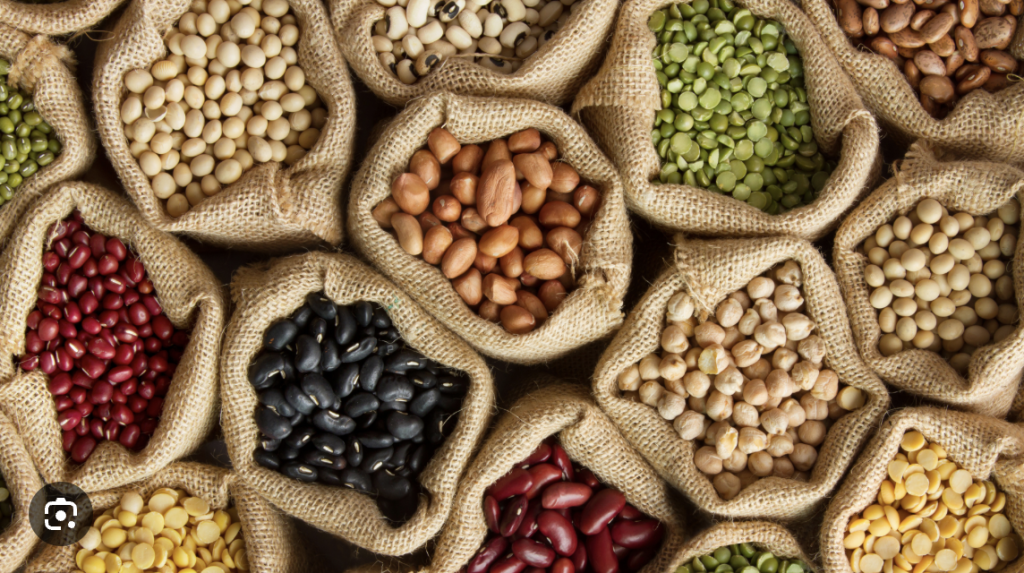
The global food system is under increasing pressure from climate change and a projected population surge to nearly 10 billion by 2050. In response, plant-based and alternative proteins are gaining momentum as a promising solution–offering both environmental sustainability and enhanced nutritional value for communities around the world.
Plant-based proteins include a wide variety of foods sourced from plants rather than animals. Staples like lentils, chickpeas, and black beans are rich in protein and offer complete amino acid profiles. Quinoa, chia seeds, and hemp seeds are notable for delivering high-quality protein along with essential minerals. Advances in food science have led to the development of meat alternatives like Beyond Meat and Impossible Foods, which use ingredients such as pea protein, soy isolate, and wheat gluten to replicate the texture and taste of conventional meat. Nuts and seeds–like almonds, walnuts, and pumpkin seeds–add protein along with healthy fats and fiber, while algae-based sources like spirulina and chlorella pack an impressive nutritional punch.
The environmental advantages of plant-based proteins are considerable. Livestock farming contributes around 14.5% of global greenhouse gas emissions, while plant protein production has a far smaller carbon footprint. Producing one kilogram of beef requires about 15,000 liters of water, compared to just 1,800 liters for an equivalent amount of legumes. Moreover, animal agriculture occupies approximately 77% of all agricultural land while supplying only 18% of global calories. Shifting toward plant-based sources could free up vast tracts of land for reforestation and sustainable use, helping to curb deforestation and protect biodiversity.
Beyond sustainability, plant-based proteins provide important health benefits. Many are naturally high in fiber, antioxidants, and phytonutrients that support heart health and reduce inflammation. Research indicates that plant-forward diets may lower the risk of chronic conditions such as heart disease, certain cancers, and type 2 diabetes. Despite lingering myths, plant-based diets can easily meet daily protein needs when thoughtfully planned. Combining various plant proteins throughout the day ensures a complete set of essential amino acids, while also boosting intake of key nutrients like folate, magnesium, and potassium–nutrients often under-consumed in Western diets.
In the face of escalating environmental and public health challenges, plant-based proteins offer a practical, science-backed pathway to building a more resilient and equitable global food system–one that supports both planetary health and human well-being.

